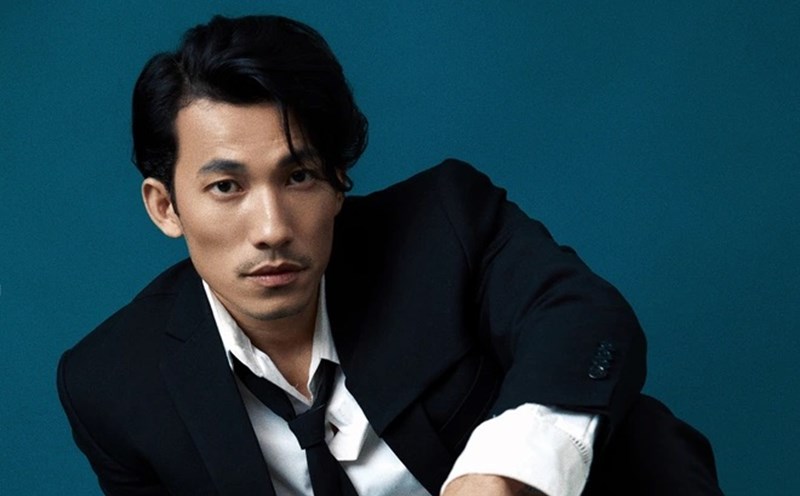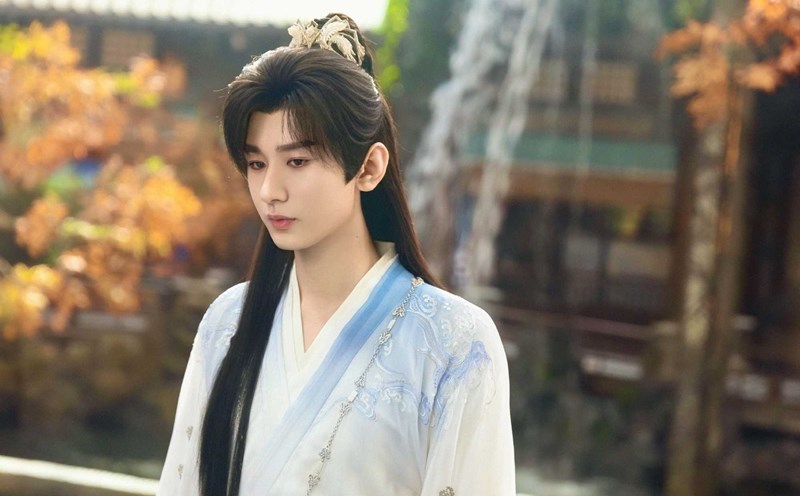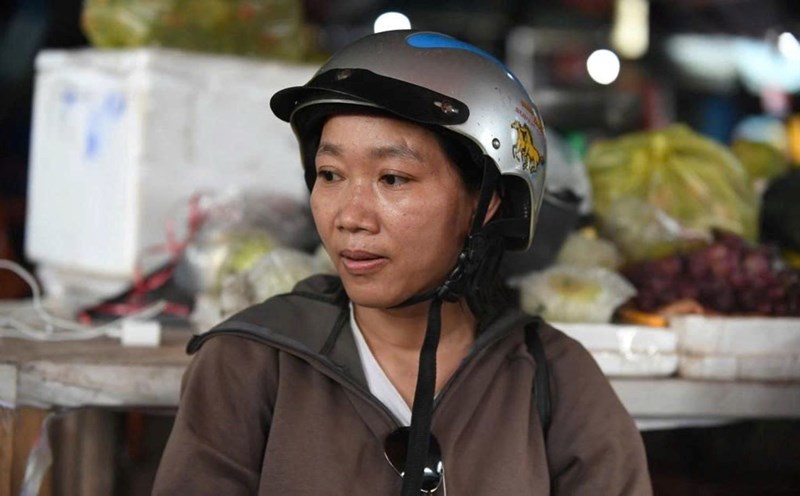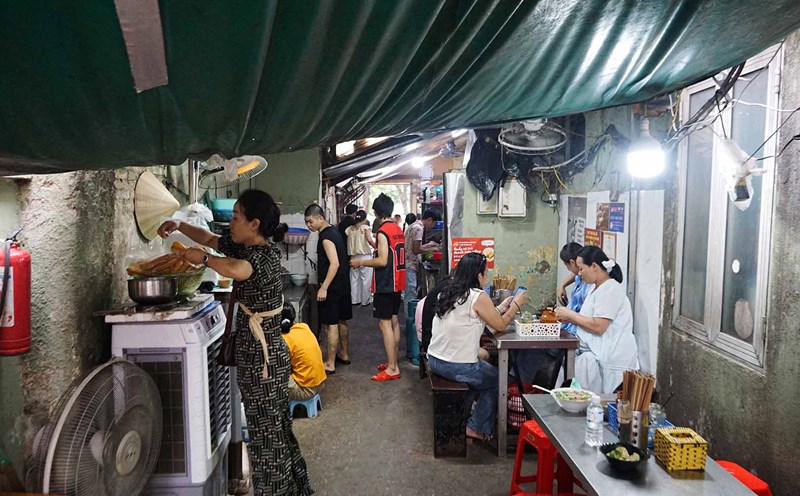But it's not always good to be fast.
Usually reacting quickly makes us miss the whole picture. Maybe she's slow to respond to your messages, because she left her phone and ran to do something, or she doesn't necessarily have to answer right away. She "reported" a difficult sentence because her mood was not good, her beloved cat was sick at home or her father was in the hospital. And even that exaggeration is not for you but for someone else. If we react immediately, our anger becomes an unjust gift to others.
Friends made an appointment three times and then canceled it seven times, and often reacted that he disregarded him!". But if you study more deeply, you can realize that the other person is being "ghosted by a fire" and confused at work.
A famous psychologist also advised: observe first, react later.
Observing here is to proactively stop, listen, and learn about the setting. That is the moment you temporarily put your ego aside to look wider, instead of letting your hands move faster than your brain.
And when we practice observing instead of reacting, life becomes much easier. The tense arguments gradually decreased, the times of unjust anger also decreased. Instead, we discovered many interesting details and understood more about life and people.
There is a saying pause before you post, stopping a beat before speaking, writing or expressing. It is not oppression, but the art of keeping oneself alert in a world of immediate reactions. Sometimes what we need is not an additional answer, but an additional perspective.
observing first, reacting later, is ultimately a way to protect your mental energy. Because when we look at the bigger picture, we not only avoid useless misunderstandings, but also give ourselves the opportunity to mature in calmness. In an increasingly fast world, those who know slow down to observe are not those who fall behind, but those who are one step ahead: The step of understanding.












